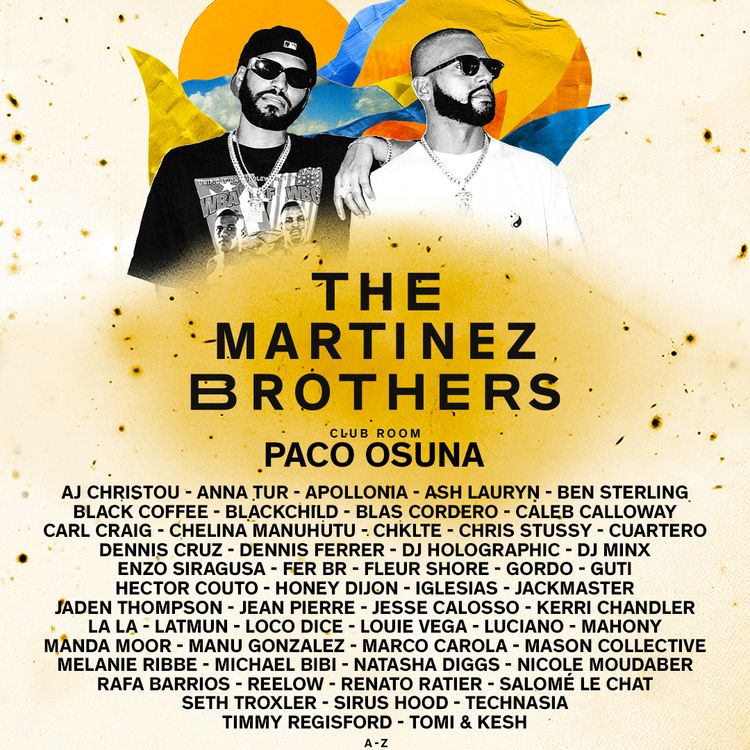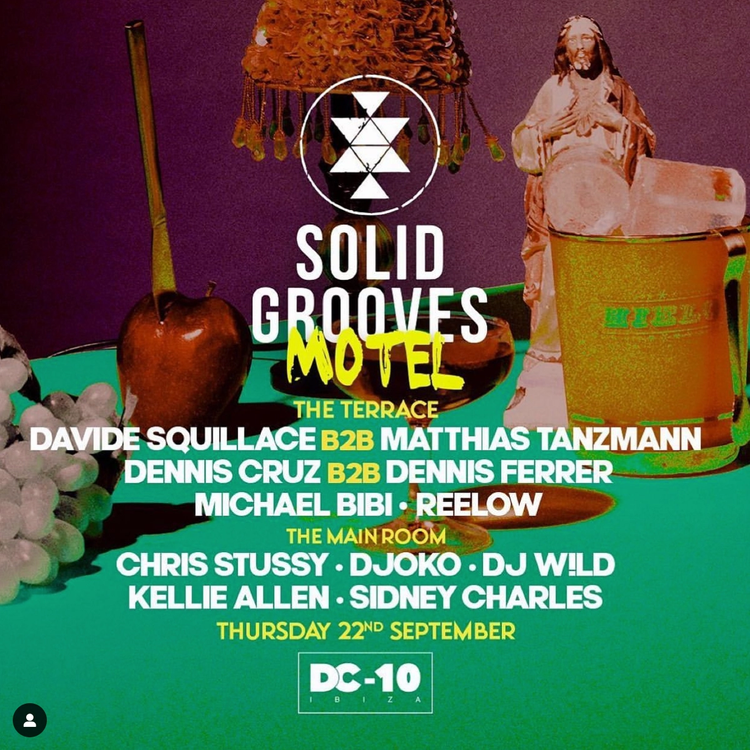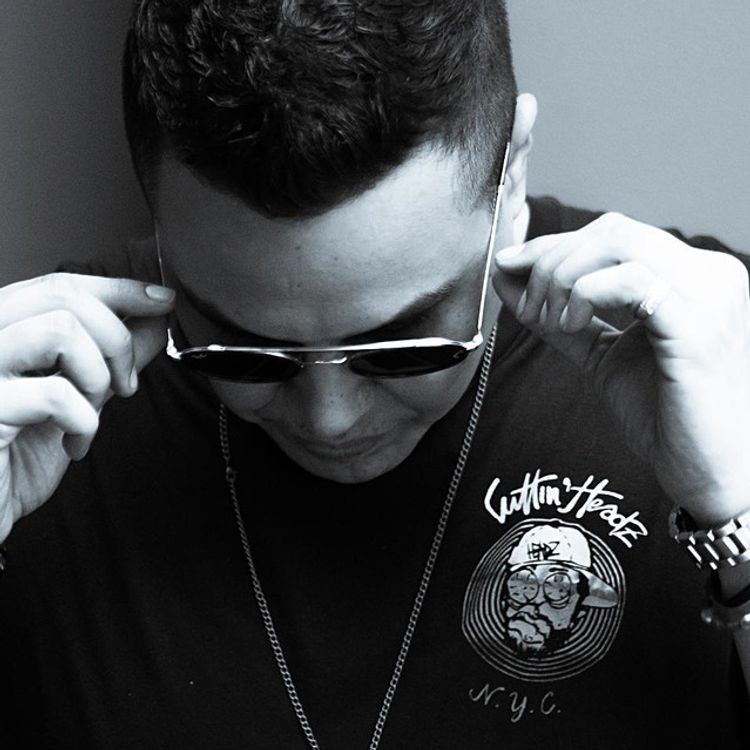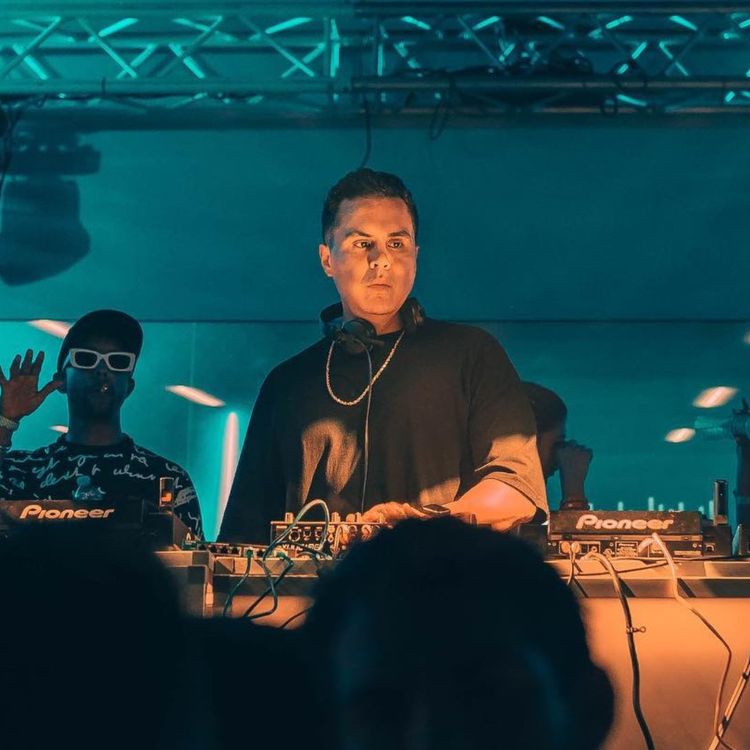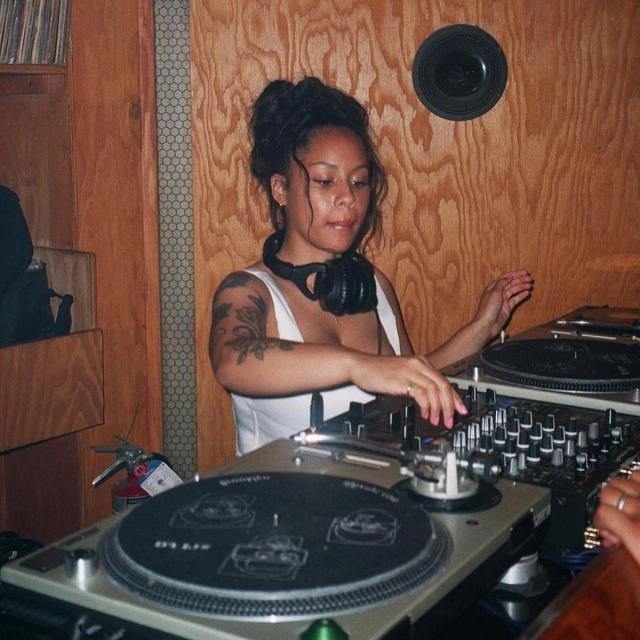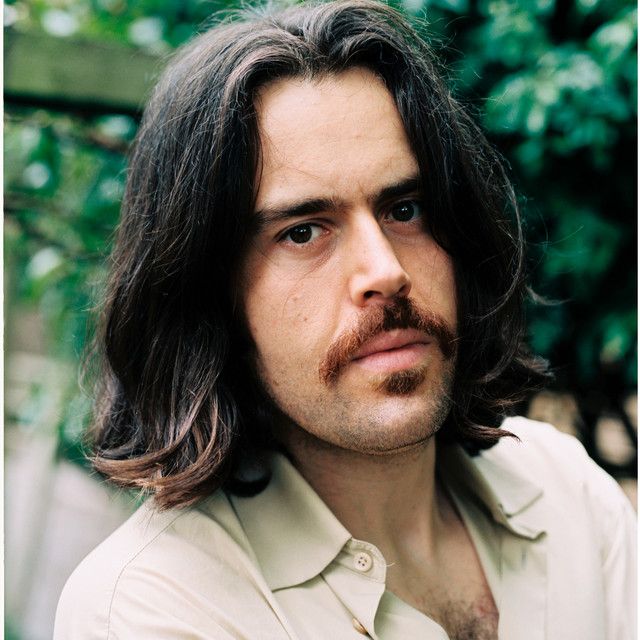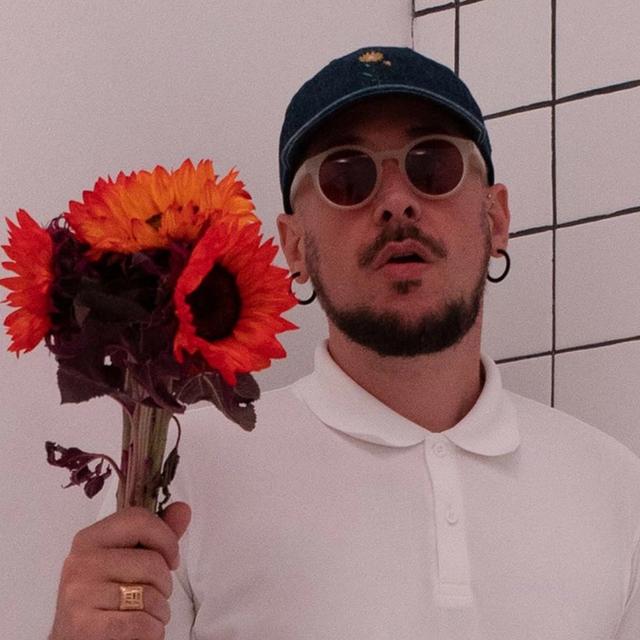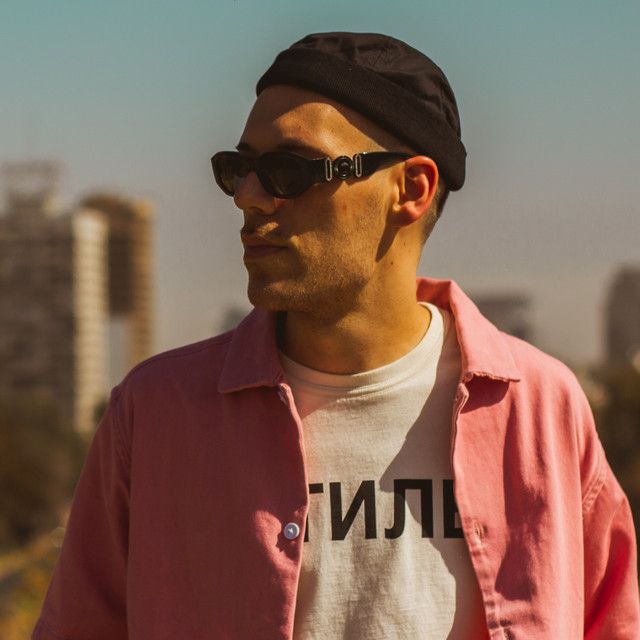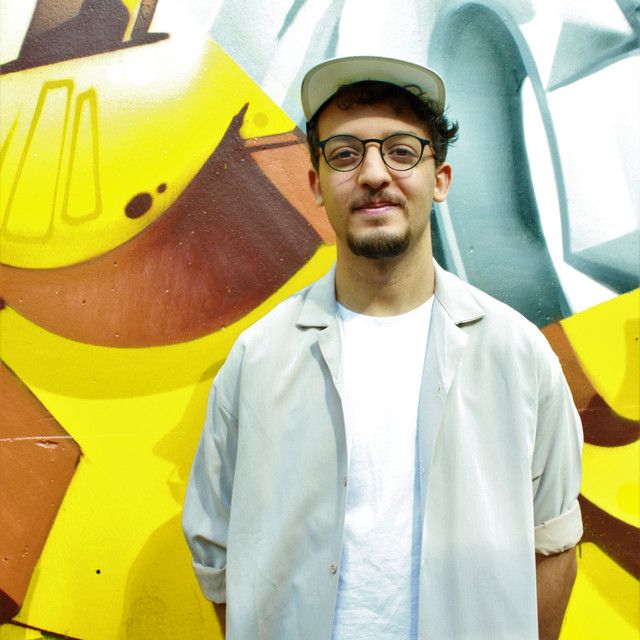Artist Spotlight
Hungarian DJ and producer Reelow, aka Renato Károlyi, was expected to be a musician. His mother was a singer, his father played the guitar, and his grandfather was one of the most important music curators in Hungary. With a background so weighted in classical, his slippery tech-house style doesn’t exactly fit into the family business. He lived under immense pressure to succeed in music. And he has. He’s flexed the speakers at world-renown clubs like Fabric, Privilege, and Sankeys. His inspired and infectious beats are supported by respected artists like Marco Carola, DJ Sneak, Adam Beyer, Monika Kruse, and Joseph Capriati. As a kid, it seemed his path was obvious. He went to the best music school in Hungary. He was hyperactive though. So despite his love for music, he struggled to focus. When he picked up the trumpet, he started to feel a sense of purpose. And he really began to appreciate the beauty of music when he joined a symphonic band. All went according to plan until he went to his first rave. “I went to my first rave when I was really young,” he says. He was fourteen. “Then I had my first cigarette. And I had [my] first everything I wasn't supposed to do. I started everything super early.” He found his people, and he found his music. He also found himself at his first crossroads. Brasswind instruments aren’t simpatico with smoker's lungs. And his teacher forced a decision, trumpet or DJing. Reelow says it was an easy choice, “I said, well it was nice to learn from you but, I'm off. I'm out. So, I bought my first decks. I bought my first speakers and a mixer.” His parents, like most parents, didn’t understand his new community. They also wondered why all of his money was spent on records, CDs, and event tickets. He was happy to go without lunch if it meant he could spend that money digging for the freshest beats. Reelow wanted to help them understand. “They didn't really see the art. So, I had to prove them wrong." It wasn’t just the community and the music. He fell in love with the adventure of crate digging. The thrill of tracking down one of only five copies of a record in all of Hungary. The disappointment when you buy it and the record has a scratch. “It was the whole package.” He explains, “Everything was a journey.” When he got his first big gig in Budapest he invited his parents and it clicked for them. They were happy he was happy and successful. They experienced the beauty of a breathing dance floor. They also let him know that it was the last time they’d go to the club because it’s just not for everyone. The financial crisis in 2007 had a devastating effect on Hungary’s clubs. And the years that followed only got worse Reelow tells me. “Step by step the clubs were closing down. There were more problems with the police and drugs. Everything was just so messy.” He also recognized that he needed more room to grow as an artist. So he moved to London. And he experienced an unexpected level of support and love. It quickly became one of his favorite cities. He may have soaked up the UK club culture a bit too much. A few weeks of non-stop raving drained his bank account. He worked for six months at a high-end hotel to recover. He spent his nights illuminated by the glow of his computer crafting crispy cool basslines. He loves London. But it’s a machine that will quickly eat you up without the proper support system. He decided to get enough money to move to Ibiza, and that’s when his career blossomed again. He began to sign records to labels like Rawthentic, Elrow, and Solid Grooves. And he began to soak up the life of excess, but he had already learned an important lesson about balance. “I planned this career for the long ride. Nobody said you will be able to do afterparties for the rest of your life, it isn't gonna work.” Reelow reads, practices yoga, and meditates daily. It’s the best way for him to prepare himself for those days when he goes straight to the club from the studio. Throughout his journey, Reelow said that house music has been the one constant. He imagines because house music has been constant for over three decades. The sound has gotten warmer and more powerful. But its vibe is still identical to the early days of rave. “House music has been always here, and it's always gonna be here.” He goes on to explain that there is no wrong place for house music, “In a club or at the beach. In an afterparty or when you're cooking it's the ultimate connection for me in the electronic music.”


